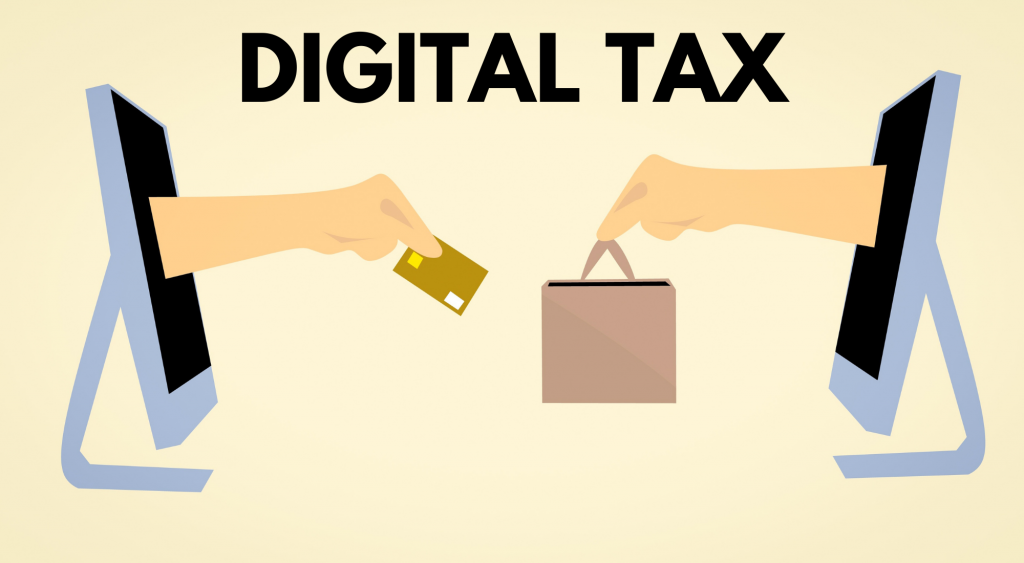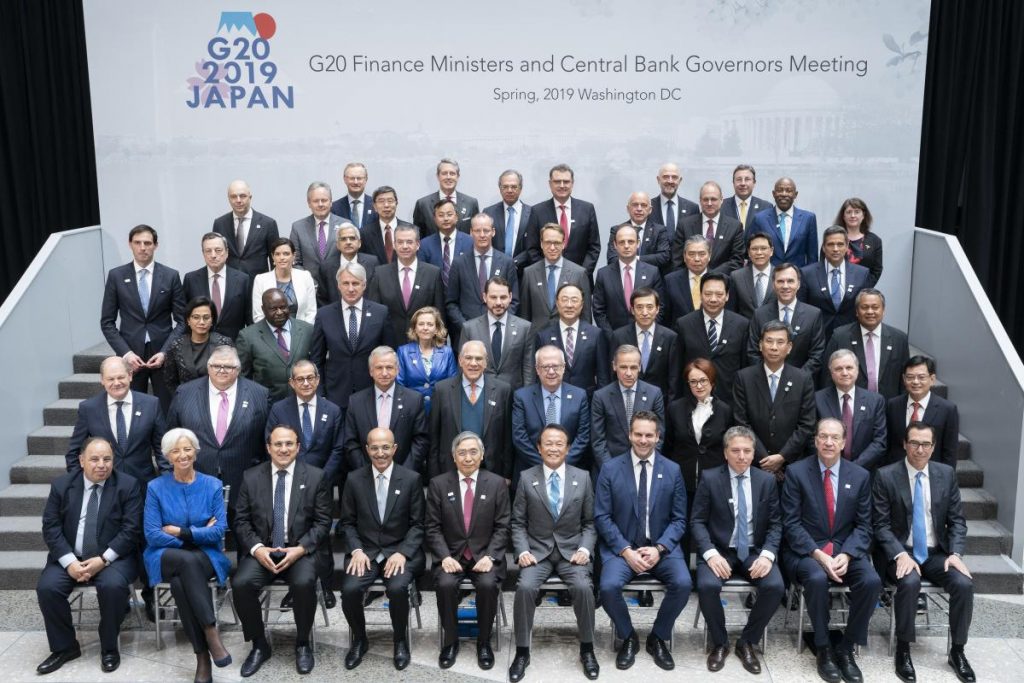All You Need to Know About OECD’s Digital Tax Reform
It looks like the tech giants will have to wait for another year to see how the impending digital tax reforms will take place. The world is witnessing a significant shift in the way it views Big Tech. With the EU planning on implementing a digital tax on such companies, most experts were looking forward to seeing how the reforms will take shape. However, the OECD released a statement saying that the new global tax will not come into force this year. Here’s a look at everything you need to know about the Digital Tax and its impact on tech giants.
A Year’s Wait Left for Digital Tax
The Paris-based OECD was to head a panel that would lead negotiations between countries to establish the Digital Tax. The organization would have been in touch with over 140 different nations to solve the taxation issue faced by Big Tech. The Digital Tax reform would for once standardize the taxation norms of companies such as Google and Facebook. However, the organization released a statement on Monday stating it would require an additional year to finalize the deal. Pascal Saint-Amans, who servers as OECD’s Head of Tax Policy, said that the glass was half-full. While the deal is nearly ready, it still requires political accord to push through and become a law, according to Pascal. He went on to say that the organization expects the deal to come out ‘sometime in 2021’.
Future in the Balance
Most experts were hoping the bill would attain resolution by the end of this year. The law is a move by the EU to ensure that large technology companies pay the fair share of tax as per their operations in the countries they function. Most EU officials believe that such companies are not paying the right amount, and that tax calculation should occur in the location of their activity, and not just their headquarters. This would extensively enlarge the sphere of taxation of such companies, as they are prevalent throughout the EU.

OECD for All
Throughout the whole discussion, the OECD has acted as a marshal demanding more accountability from the Big Tech. They are pushing for standardized tax rules and regimes on a global level due to the ever-reaching impact of such large tech firms. However, the various governments will have to agree to their proposals before they can become a law, and in turn, a reality. Angel Gurria, who serves as the head of the OECD, believes that lack of such a bill will lead to a trade war. However, the slow progress of such reform has led to several countries implementing changes of their own accord. The UK has been a vocal supporter of such a Digital Tax. However, the slow progress finally led to the country announcing its own Digital Services Tax at the beginning of the year.
Trump Wages War
Such a taxation reform led to complaints from the US, which called it an unfair levy that needed a trade probe before implementation. The Trump administration went as far as to threaten products from Europe with additional tariffs unless they withdraw the reform bill. The US believes that such laws deliberately and specifically and target American corporations. Trump also stated that the US was considering imposing further taxes on French wine sold in the States. Since the US is the biggest market for French wine, making up almost 25% of total sales in 2018, this could turn into a massive trade war. However, President Macron’s office stated that it would stay firm in its stand, and would try to reach an amicable decision through bilateral talks.
Furthermore, the French Parliament passed a law that taxes digital companies if their French revenue goes over €25 million and if global income exceeds €750 million. While the law does not target companies of any nationality, it could have an impact on Big Tech firms, such as Facebook, Google, Amazon, and Apple. All these moves will help prevent such companies from avoiding stringent taxation by setting up headquarters in low-tax territories. Countries, such as Austria and Spain, have also vowed to implement Digital Tax laws, like Britain and France.
The OECD has been trying for two years to set up a global front to ensure all such companies may appropriate taxes. While the tax laws might take a year more to bear fruition, the result could have a massive impact on global economics. However, one this is for certain. Global opinion regarding the power yielded by big tech corporations is changing. While people never batted their eyelids regarding the growing influence of such companies, the tides seem to be shifting. Calls for better regulation regarding data privacy and data taxation might lead to the dawn of a new digital revolution.

Being a cinephile with a love for all things outdoorsy, Athulya never misses a chance to chase inspiring stories or poke fun at things, even when the subject is herself. Currently pursuing a degree in mechanical engineering, she is someone innately interested in technical and scientific research. Music reviews and op-eds define her as they allow her to explore different perspectives. Though sometimes she thinks she makes more sense playing the guitar than she does while writing.


